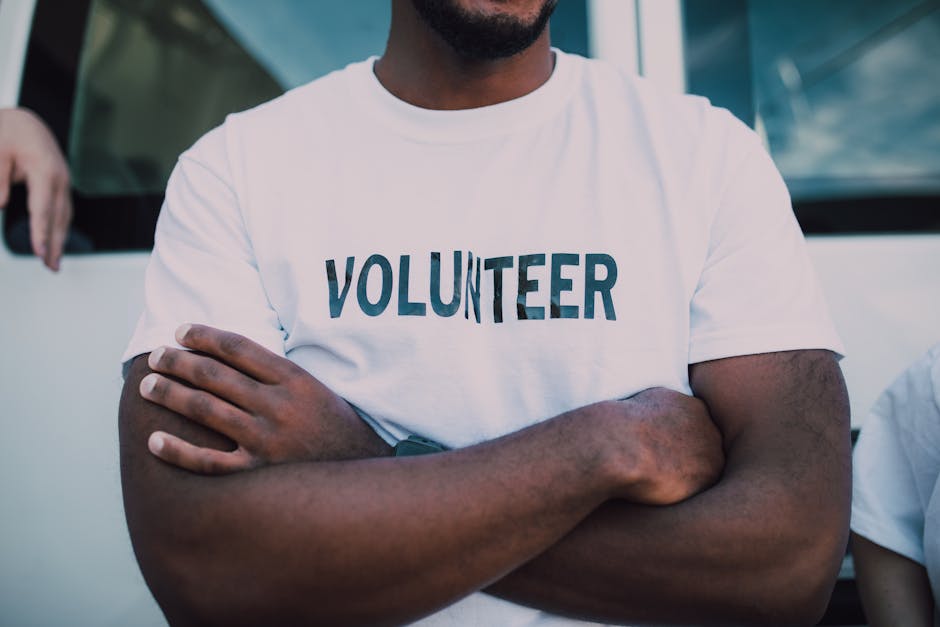After completing a music volunteer service, students often have various expectations that can be personal, academic, or career-oriented. Here are some common expectations that students may have:
1. Personal Fulfillment:
- Sense of Accomplishment: Students often expect to feel a sense of pride and accomplishment from giving back to the community through their musical talents.
- Joy of Sharing Music: Many students hope to experience the joy of sharing music with others, particularly when they see how it uplifts and inspires people.
2. Skill Development:
- Improvement in Musicianship: Students expect to enhance their technical skills, musicality, and performance abilities by regularly practicing and performing during their volunteer service.
- Confidence in Performing: Through frequent performances, they expect to gain greater confidence, especially when performing in non-traditional or community settings.
- Communication and Teaching Skills: Those involved in teaching or leading music programs expect to improve their communication, leadership, and mentoring abilities.
3. Impact on the Community:
- Making a Difference: Students often expect their volunteer service to positively impact the community, whether by providing music education, offering emotional relief, or spreading joy through performances.
- Cultural Awareness: They may also expect to broaden their cultural understanding and appreciation for different types of music, especially if volunteering in diverse communities.
4. Recognition and Credentials:
- Certificates or Awards: Students might expect formal recognition for their service, such as a certificate, award, or even eligibility for distinctions like the President’s Volunteer Service Award (PVSA), which can bolster their resumes or college applications.
- References for Future Opportunities: Some students hope to gain letters of recommendation or references from their volunteer experience that can be valuable for future academic, musical, or career-related pursuits.
5. Networking and Social Connections:
- Meeting Like-Minded Individuals: Volunteering in music programs can allow students to meet other musicians and music enthusiasts. They may expect to form new friendships or professional connections.
- Opportunities for Collaboration: Students may also hope that their volunteer service opens doors to future collaborations with other musicians, educators, or organizations.
6. Career and Educational Advantages:
- Stronger College or Job Applications: Students may expect their volunteer service to stand out on college applications, scholarship applications, or job resumes, showcasing their commitment to community service and their passion for music.
- Insight into Music-Related Careers: Volunteering can give students hands-on experience and insight into possible careers in music education, therapy, or performance, helping them decide whether to pursue these paths professionally.
7. Personal Growth:
- Increased Responsibility: Students expect to learn how to manage their time, plan, and organize events or lessons as part of their volunteer duties, developing responsibility and discipline.
- Empathy and Compassion: By engaging with various communities, especially those in need, students may expect to develop greater empathy, compassion, and a deeper understanding of others’ experiences.
8. Building a Positive Reputation:
- Community Recognition: Many students expect that their volunteer service will lead to greater recognition and respect in their community, school, or social circles, boosting their reputation as a responsible and committed individual.
Overall, students often expect that their music volunteer service will provide them with opportunities for personal growth, skill enhancement, community impact, and future opportunities in both their musical and academic careers.


